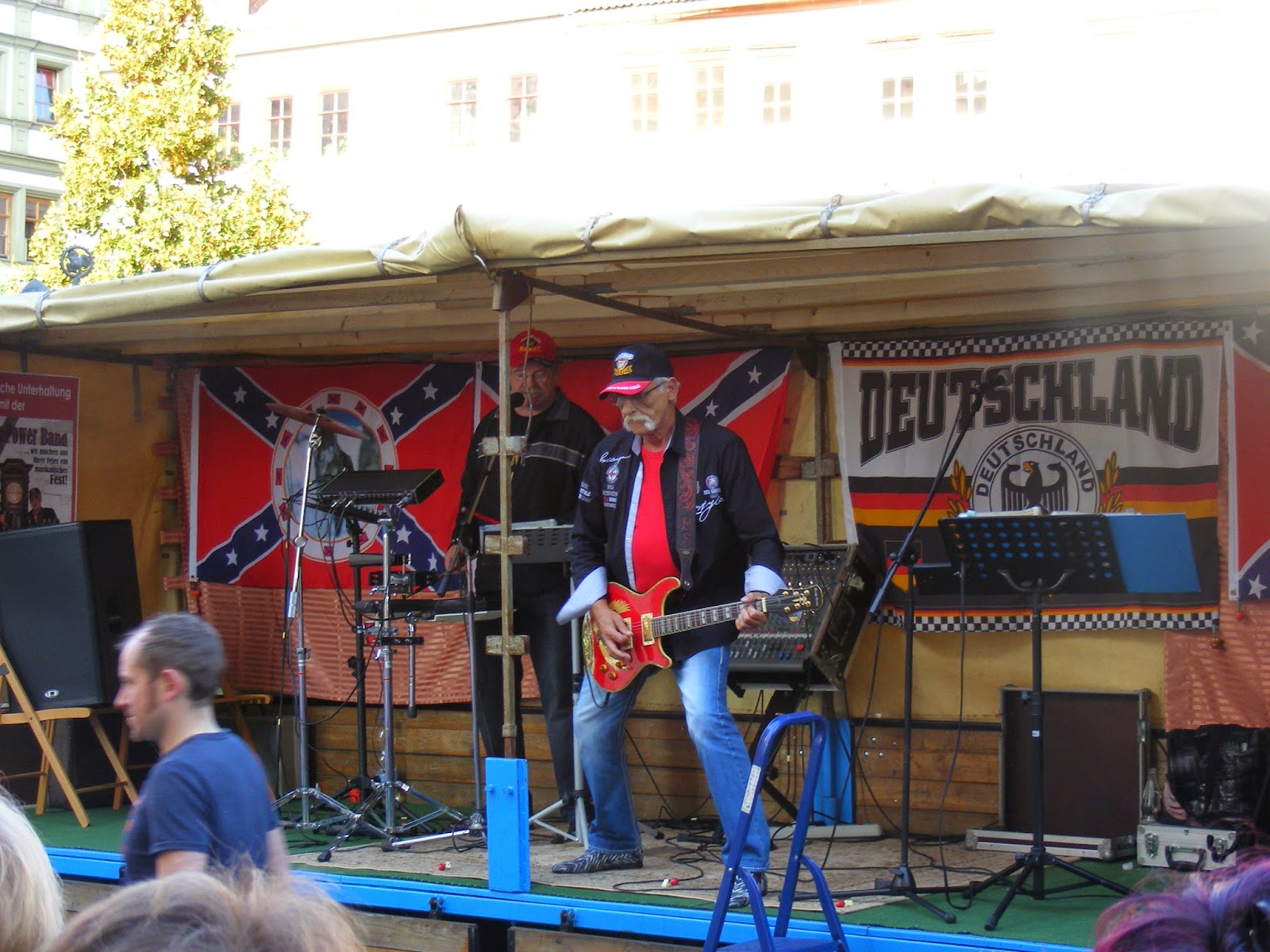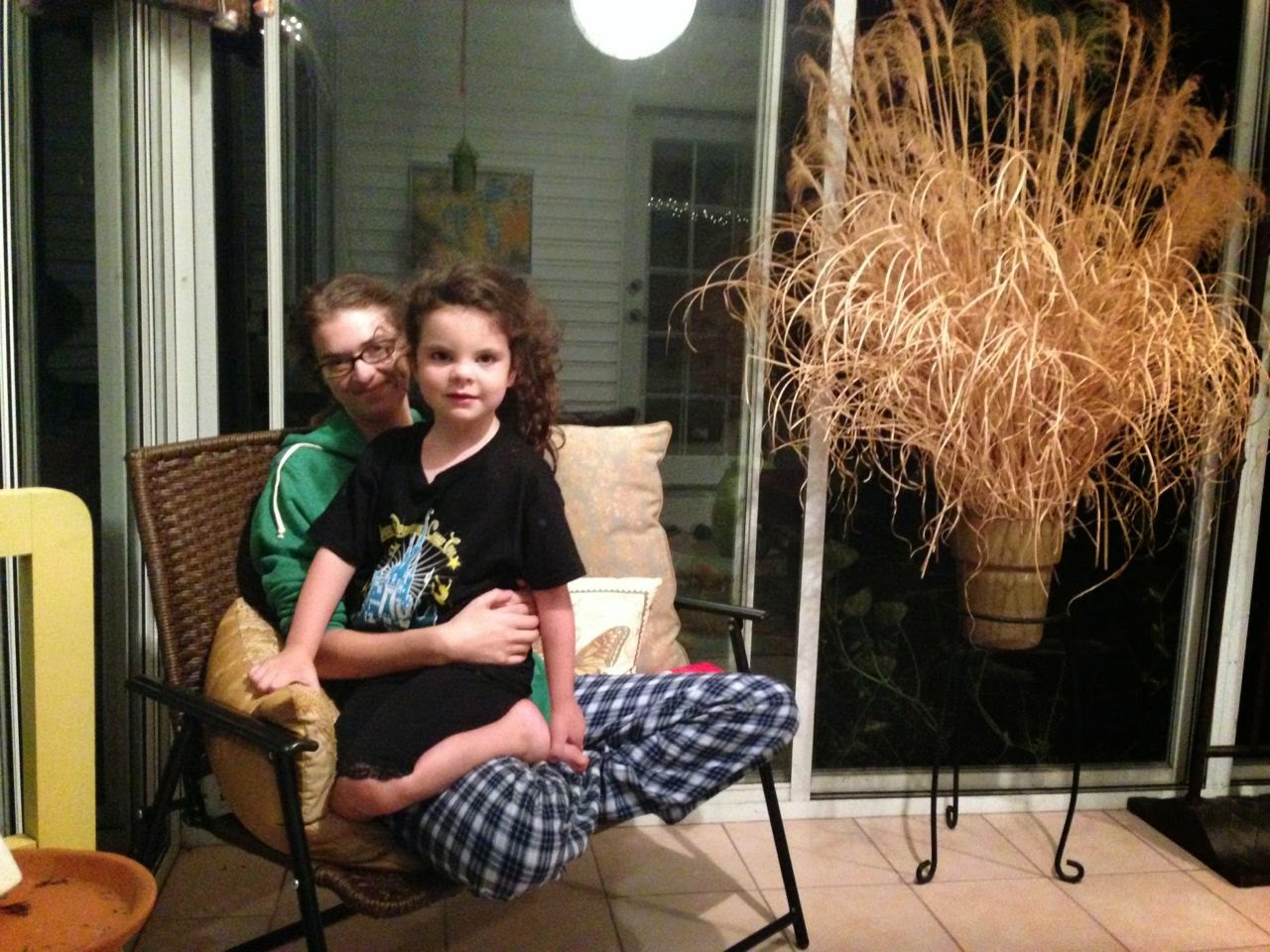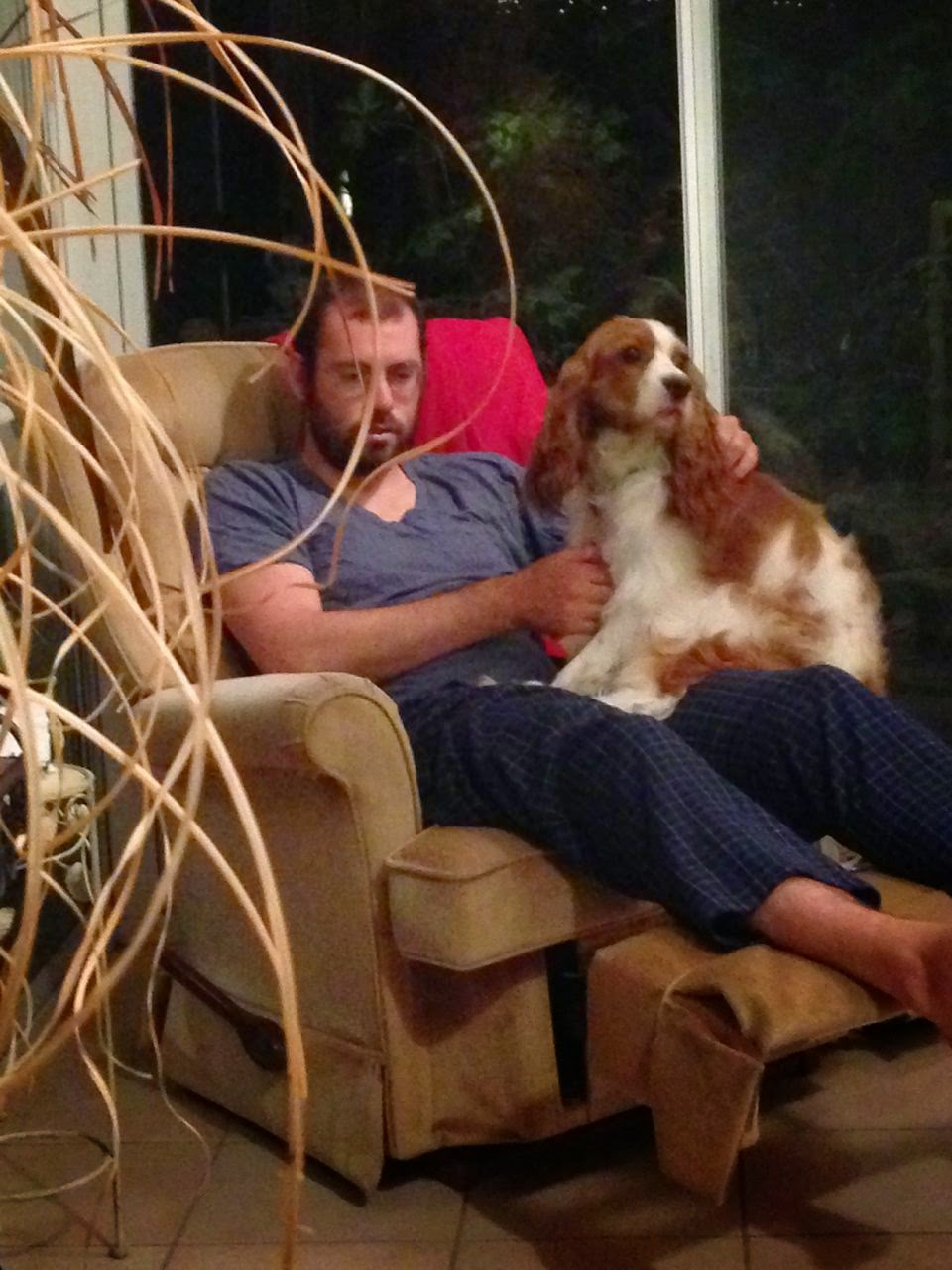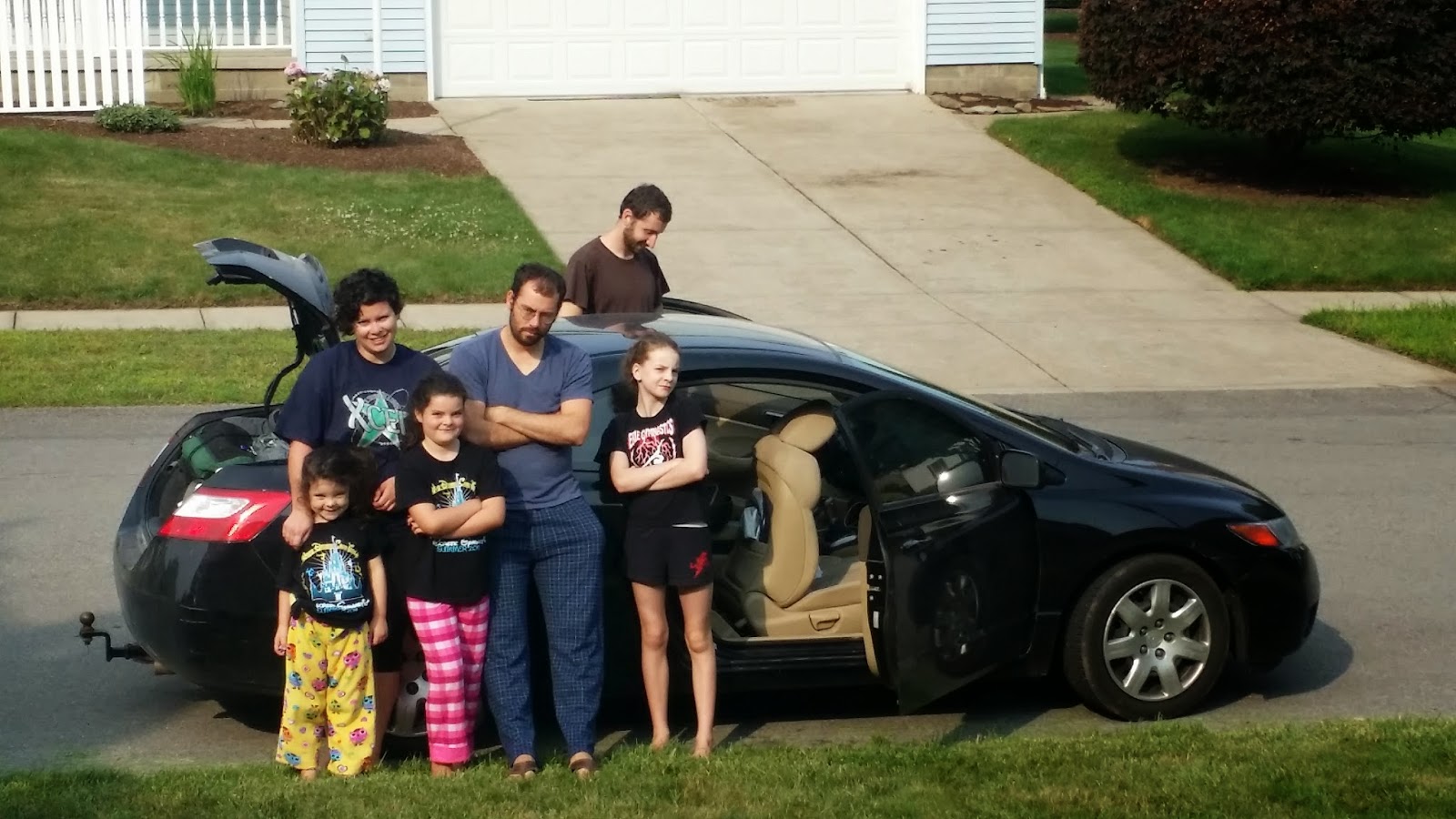A strange thing happened this week. I started enjoying German food after swearing off the entire national diet last summer after eating 15 bratwursts in one week. I eat lunch everyday in the university cafeteria--by no means the best-prepared German food to be had--but somewhere between the plump, soft bites of my Kartoffelklöße (potato dumplings) and the Hirschgulasch (venison goulash) I decided this country and its food ain't so bad after all.
Even though this change of attitude means that I'll enjoy the rest of my time in Germany much more, it also means that I'll soon lose every last trace of my American identity as I integrate more and more fully into German society. But before I begin to think currywurst is real food or join an anti-war protest, I will attempt to use my last minutes of American consciousness to describe some thoughts about being an American abroad. This post will at points delve into my general political outlook so look out.
To start things off, I'll begin with a metaphor: being an American abroad (an AA as I'll call it from now on) is a bit like being a hated celebrity, say like...Justin Bieber. Everybody thinks they know the true you, some people are devoted fans, but most think you're an untalented, upstart superficial idiot, and everybody knows everything about what you did last summer (egged your neighbor's house and invaded Iraq), and then judges you for it. Despite this being a perfect metaphor, there's only one thing wrong with it: you didn't personally invade Iraq last summer, your government did. Whereas Biebs personally did egg that house. I suppose it could have been his friends who were over at his house who did it and Biebs then had to take responsibility for it, in which case my initial claim to a perfect metaphor stands. The point being: as an AA you have a high public profile. Politically and culturally, your country has penetrated, pierced, bombed, oozed, streamed, and beamed its way into every corner of the world. You are a known commodity about which everyone has an opinion and they all want to share it with you (in English preferably). Unable to bask in the ignorance that comes with being from Burkina Faso, an American has to answer for its culture often by undergoing a probing to see to what degree you match all the stereotypes: was your high school like the one in all those teen movies? (no, no one drank at my high school), do you own guns? (no, but I wish I did), have you ever tortured anyone? (yes, but it prevented a terrorist attack).
Over the years, I've decided that how an AA deals with its oversized reputation--wether it embraces its American identity or not--is very telling. I'll admit, it is not always easy to make the right choice here. Some wilt under the pressure and become Benedict Arnolds when confronted with ad hominem counterfactual conspiracy theories about supposed CIA-supported coups in Nicaragua, Guatemala, South Vietnam, Chile, Iran, Haiti, and Cuba, unilateral oil wars in Iraq, and a blank-check to the apartheid-regime in Israel. It's easy in such situations to feel uncomfortable being conflated with the bloated and corrupt political elite of your country. But that is, for better or worse, the choice we face as AAs: either turn our coats and deny that we support neo-imperialism or admit that 'united we stand, divided we fall' and let our individualities be subsumed into the glorious and transcendent national consciousness.
For me, it was a long road to being able to say with Colbert, "I Am America" and authentically embody all the contradictions of America's dynamic and diverse culture in my one person. When I was younger, I had a disdainful, haughty relationship to American patriotism. I would cross two of my fingers as I placed my hand on my heart and mutter the lyrics to "Give Peace a Chance" during the pledge of allegiance every morning in elementary school. Yeah, I was that 4th-grader. Growing up in a particularly patriotic corner of America (Utah Valley--regularly ranked the most conservative county in America), I think my natural contrarianism and early interest for European history made me think that the flag-waving, God-bless-America, gas-guzzling variety of American patriotism was provincial and uncultured (how foolish I was then!). I yearned for the cosmopolitan city lifestyle: living in an apartment in a European or east-coast city, with public transportation right outside my door, and hearing foreign languages being spoken while riding to the new Baroque exhibit at the Musée d'art. In other words, I was a lot like the prodigal son who had outgrown his home in some dusty Judaean province and longed to re-fashion himself as a liberated left-leaning cosmopolitan patsy under the bright-lights of first-century Jerusalem.
But luckily, a little world-traveling in my European mecca along with a healthy dose of ressentiment and reactionism helped to set me straight. From the age of 19 to 29 (my current age) I spent almost five years in Europe. First as a mormon missionary in Norway, then as a master's student in England, a number of summers in Germany, and now on a one-year research fellowship in Germany. Eager to embrace what I assumed was a bastion of reason, moderation, and benevolent pluralism, I happily sat myself down at the feet of my European friends to hear what wisdom they had to share with me. But I quickly experienced something quite different. Instead of nodding my head vigorously as I heard Americans described as fat, violent, gun-toting religious ignoramuses, I discovered a previously unknown sympathy with my American compatriots. Something in the uninformed stereotyping of the other shattered my idea of a Europe free of regional blinders or pride. Pretty soon I stopped attending soccer-viewing parties and the local chapter of the anti-capitalist revolutionary student club. One heard from my lips less and less frequently denunciations of neo-liberal governmentality and I re-discovered the moral dimensions of American sports-culture. I soon become a practiced apologist for American neo-conservatism and my favorite rhetorical tool was the 'moral equivalency' argument. When confronted with some outlandish and improbable argument about the misuses of American power, all one had to do was point a finger to some problem in Europe, like say, their own history of colonialism and genocide, or their present-day booming weapons-industry. It's a great tool this moral equivalency argument. Instead of having to talk about specifics or admit any guilt in any particular instance, you can just silence the other by questioning their fitness for making a critique in the first place.
Now, to get real for a second, I think this time around in Europe, I am changing my approach a little bit. I am still quite vigorous in denouncing what I think are unfair characterizations of the blessed homeland, but I no longer feel quite as instinctively defensive about defending the less savory aspects of American history or political culture. I think Germany's own confrontation with its past and the lack of defensiveness has been an inspiration for me in this regard. It's hard to find another example of a country whose own recent history is constantly invoked as the measurement for pure evil. I know it was different in the 50s and 60s and that Germans still generally chafe under the world's obsession with Nazism, but overall, I think Germans have set a great example for how to graciously take criticism about their past and national culture and to perform meaningful self-criticism. It seems to me that in order to perform this self-criticism Germans have perhaps embraced an over-the-top rejection of patriotism and nationalism vainly trying to deny that national-identity is in our blood. But that makes sense--if 'German' for so long only meant genocide and fascism then you probably aren't going to happily embrace that identity or name even if it ignores that people sharing the same language, geographic space, and culture do have intertwined destinies however much that can be manipulated.
As for myself, I'm constantly trying to find a way to be open to self-critique of what are very real problems with American power and society while at the same time continuing to feel what I consider a perfectly reasonable pride in a country I consider great in so many ways. Not the least of which is Team America:
https://www.youtube.com/watch?v=DOEIruwzf54
Even though this change of attitude means that I'll enjoy the rest of my time in Germany much more, it also means that I'll soon lose every last trace of my American identity as I integrate more and more fully into German society. But before I begin to think currywurst is real food or join an anti-war protest, I will attempt to use my last minutes of American consciousness to describe some thoughts about being an American abroad. This post will at points delve into my general political outlook so look out.
To start things off, I'll begin with a metaphor: being an American abroad (an AA as I'll call it from now on) is a bit like being a hated celebrity, say like...Justin Bieber. Everybody thinks they know the true you, some people are devoted fans, but most think you're an untalented, upstart superficial idiot, and everybody knows everything about what you did last summer (egged your neighbor's house and invaded Iraq), and then judges you for it. Despite this being a perfect metaphor, there's only one thing wrong with it: you didn't personally invade Iraq last summer, your government did. Whereas Biebs personally did egg that house. I suppose it could have been his friends who were over at his house who did it and Biebs then had to take responsibility for it, in which case my initial claim to a perfect metaphor stands. The point being: as an AA you have a high public profile. Politically and culturally, your country has penetrated, pierced, bombed, oozed, streamed, and beamed its way into every corner of the world. You are a known commodity about which everyone has an opinion and they all want to share it with you (in English preferably). Unable to bask in the ignorance that comes with being from Burkina Faso, an American has to answer for its culture often by undergoing a probing to see to what degree you match all the stereotypes: was your high school like the one in all those teen movies? (no, no one drank at my high school), do you own guns? (no, but I wish I did), have you ever tortured anyone? (yes, but it prevented a terrorist attack).
Over the years, I've decided that how an AA deals with its oversized reputation--wether it embraces its American identity or not--is very telling. I'll admit, it is not always easy to make the right choice here. Some wilt under the pressure and become Benedict Arnolds when confronted with ad hominem counterfactual conspiracy theories about supposed CIA-supported coups in Nicaragua, Guatemala, South Vietnam, Chile, Iran, Haiti, and Cuba, unilateral oil wars in Iraq, and a blank-check to the apartheid-regime in Israel. It's easy in such situations to feel uncomfortable being conflated with the bloated and corrupt political elite of your country. But that is, for better or worse, the choice we face as AAs: either turn our coats and deny that we support neo-imperialism or admit that 'united we stand, divided we fall' and let our individualities be subsumed into the glorious and transcendent national consciousness.
For me, it was a long road to being able to say with Colbert, "I Am America" and authentically embody all the contradictions of America's dynamic and diverse culture in my one person. When I was younger, I had a disdainful, haughty relationship to American patriotism. I would cross two of my fingers as I placed my hand on my heart and mutter the lyrics to "Give Peace a Chance" during the pledge of allegiance every morning in elementary school. Yeah, I was that 4th-grader. Growing up in a particularly patriotic corner of America (Utah Valley--regularly ranked the most conservative county in America), I think my natural contrarianism and early interest for European history made me think that the flag-waving, God-bless-America, gas-guzzling variety of American patriotism was provincial and uncultured (how foolish I was then!). I yearned for the cosmopolitan city lifestyle: living in an apartment in a European or east-coast city, with public transportation right outside my door, and hearing foreign languages being spoken while riding to the new Baroque exhibit at the Musée d'art. In other words, I was a lot like the prodigal son who had outgrown his home in some dusty Judaean province and longed to re-fashion himself as a liberated left-leaning cosmopolitan patsy under the bright-lights of first-century Jerusalem.
But luckily, a little world-traveling in my European mecca along with a healthy dose of ressentiment and reactionism helped to set me straight. From the age of 19 to 29 (my current age) I spent almost five years in Europe. First as a mormon missionary in Norway, then as a master's student in England, a number of summers in Germany, and now on a one-year research fellowship in Germany. Eager to embrace what I assumed was a bastion of reason, moderation, and benevolent pluralism, I happily sat myself down at the feet of my European friends to hear what wisdom they had to share with me. But I quickly experienced something quite different. Instead of nodding my head vigorously as I heard Americans described as fat, violent, gun-toting religious ignoramuses, I discovered a previously unknown sympathy with my American compatriots. Something in the uninformed stereotyping of the other shattered my idea of a Europe free of regional blinders or pride. Pretty soon I stopped attending soccer-viewing parties and the local chapter of the anti-capitalist revolutionary student club. One heard from my lips less and less frequently denunciations of neo-liberal governmentality and I re-discovered the moral dimensions of American sports-culture. I soon become a practiced apologist for American neo-conservatism and my favorite rhetorical tool was the 'moral equivalency' argument. When confronted with some outlandish and improbable argument about the misuses of American power, all one had to do was point a finger to some problem in Europe, like say, their own history of colonialism and genocide, or their present-day booming weapons-industry. It's a great tool this moral equivalency argument. Instead of having to talk about specifics or admit any guilt in any particular instance, you can just silence the other by questioning their fitness for making a critique in the first place.
Now, to get real for a second, I think this time around in Europe, I am changing my approach a little bit. I am still quite vigorous in denouncing what I think are unfair characterizations of the blessed homeland, but I no longer feel quite as instinctively defensive about defending the less savory aspects of American history or political culture. I think Germany's own confrontation with its past and the lack of defensiveness has been an inspiration for me in this regard. It's hard to find another example of a country whose own recent history is constantly invoked as the measurement for pure evil. I know it was different in the 50s and 60s and that Germans still generally chafe under the world's obsession with Nazism, but overall, I think Germans have set a great example for how to graciously take criticism about their past and national culture and to perform meaningful self-criticism. It seems to me that in order to perform this self-criticism Germans have perhaps embraced an over-the-top rejection of patriotism and nationalism vainly trying to deny that national-identity is in our blood. But that makes sense--if 'German' for so long only meant genocide and fascism then you probably aren't going to happily embrace that identity or name even if it ignores that people sharing the same language, geographic space, and culture do have intertwined destinies however much that can be manipulated.
As for myself, I'm constantly trying to find a way to be open to self-critique of what are very real problems with American power and society while at the same time continuing to feel what I consider a perfectly reasonable pride in a country I consider great in so many ways. Not the least of which is Team America:
https://www.youtube.com/watch?v=DOEIruwzf54











































































